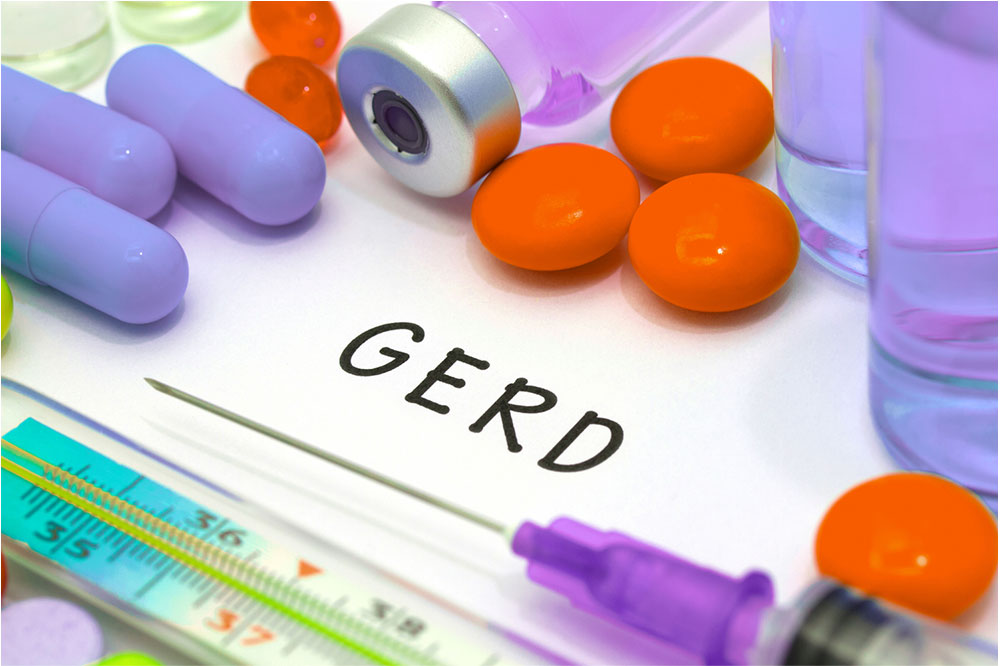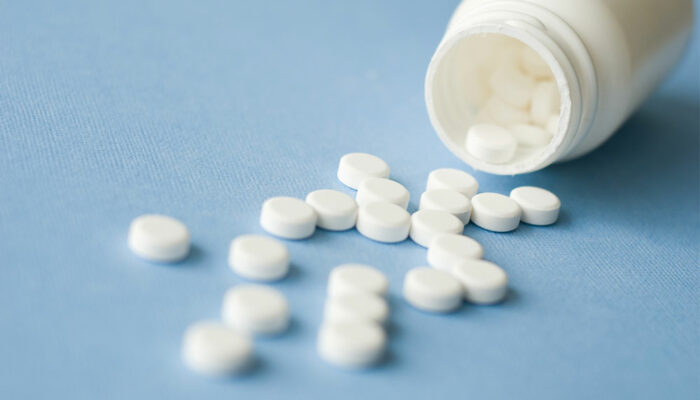
GERD Stages and Ways to Treat it
Regular occurrence of gastroesophageal reflux is referred to as GERD. People with GERD may experience persistent heartburn, chest pain, trouble swallowing, and other symptoms. Though not life-threatening, if left untreated, it can turn into other severe conditions. It is essential to know about the stages of GERD and the treatment options available to help you take the necessary steps to prevent its progression.
GERD stages
Stage 1
In this stage, patients experience mild symptoms infrequently. They can tolerate heartburn and discomfort caused by GERD, while some may use medications to manage the symptoms.
Stage 2
Moderate symptoms occur in patients several times a week. Unlike Stage 1, the symptoms are not easily managed with over-the-counter medications. They may require prescription acid-suppressive medicines prescribed by a specialist.
Stage 3
The quality of life is severely impacted in patients with Stage 3 GERD. Severe inflammation in the esophagus causes significant symptoms, including heartburn, regurgitation of food or liquid, sore throat, hoarse voice, and chronic cough. The patient no longer finds relief with prescription medicines.
Stage 4
This stage occurs due to years of repeated damage and where severe conditions like dysplasia, Barrett’s esophagus, or even esophageal cancers are most likely to form. Stage 4 requires care by a GERD specialist immediately.
GERD treatments
Medications can only suppress the symptoms and cannot treat the cause. Your doctor may prescribe over-the-counter or prescription medicines to treat your symptoms.
1. Antacids
Antacids are drugs that can counteract the acid in the stomach relieving heartburn and other mild GERD symptoms. Long-term use can cause side effects such as diarrhea or constipation.
2. H2 Blockers
H2 blockers decrease acid production and are medications available over-the-counter, or your doctor may also prescribe them. In most cases, H2 blockers can heal esophageal erosions.
3. Proton pump inhibitors (PPIs)
PPIs are used to lower the acid produced by the stomach much more effectively than H2 blockers. Doctors prescribe them for long-term GERD treatment. PPIs can heal the damaged esophageal lining as they contain more potent acid blockers even in patients with severe esophageal damage. They are generally safe and effective, and side effects are uncommon.
4. Prokinetics
Prokinetics are ideal for rare cases as they are drugs that help the stomach empty faster. However, they can have side effects, including diarrhea, nausea, and anxiety.
Surgery might be recommended when medications do not work or when lifestyle changes do not significantly improve GERD symptoms. The surgical treatments include the following:
1. Fundoplication
The standard surgical treatment for GERD is Fundoplication which is a procedure to add pressure to the lower esophageal sphincter to stop reflux. It is done either as laparoscopic or open surgery.
2. Endoscopy
Endoscopy consists of a range of procedures, including endoscopic sewing, which uses stitches to tighten the sphincter muscle, and radiofrequency, which delivers radio frequency energy to the sphincter.
If you are experiencing chronic heartburn more than twice a week, it is best to consult your doctor. Making specific dietary and lifestyle changes and getting proper treatment will help you feel better.



